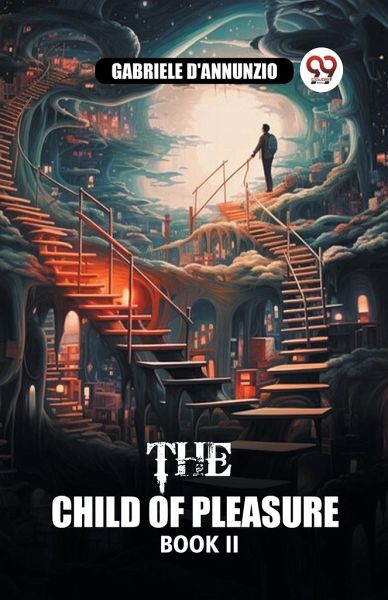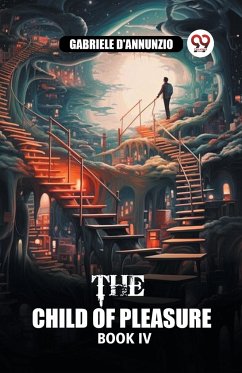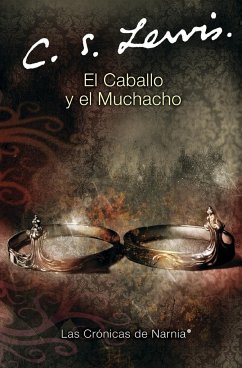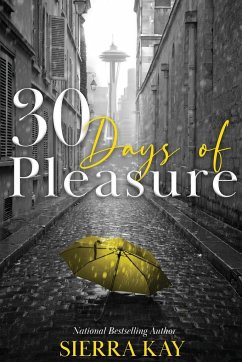
The Child of Pleasure BOOK II

PAYBACK Punkte
6 °P sammeln!
"The Child of Pleasure BOOK II" by Gabriele D'Annunzio is a captivating novel that epitomizes the essence of Italian literature within the context of the Decadent movement. D'Annunzio's exploration of Romanticism, sensuality, and passion immerses readers in a world of hedonism and psychological intrigue. Through intricate character development and skillful storytelling, the novel delves into the depths of human emotion and desire, revealing the complexities of love affairs and the pursuit of pleasure. As the protagonist navigates a landscape of decadence and indulgence, D'Annunzio offers reade...
"The Child of Pleasure BOOK II" by Gabriele D'Annunzio is a captivating novel that epitomizes the essence of Italian literature within the context of the Decadent movement. D'Annunzio's exploration of Romanticism, sensuality, and passion immerses readers in a world of hedonism and psychological intrigue. Through intricate character development and skillful storytelling, the novel delves into the depths of human emotion and desire, revealing the complexities of love affairs and the pursuit of pleasure. As the protagonist navigates a landscape of decadence and indulgence, D'Annunzio offers readers a profound psychological exploration of the human condition. The novel's blend of sensuality, passion, and intrigue captivates the imagination, while its exploration of love affairs and interpersonal dynamics adds depth to the narrative. "The Child of Pleasure BOOK II" stands as a literary classic that continues to resonate with readers, offering a timeless portrayal of human nature and desire. D'Annunzio's masterful prose and evocative imagery transport readers to a world of beauty and excess, where the pursuit of pleasure becomes a compelling journey of self-discovery and introspection.












